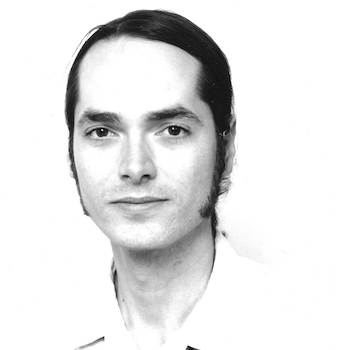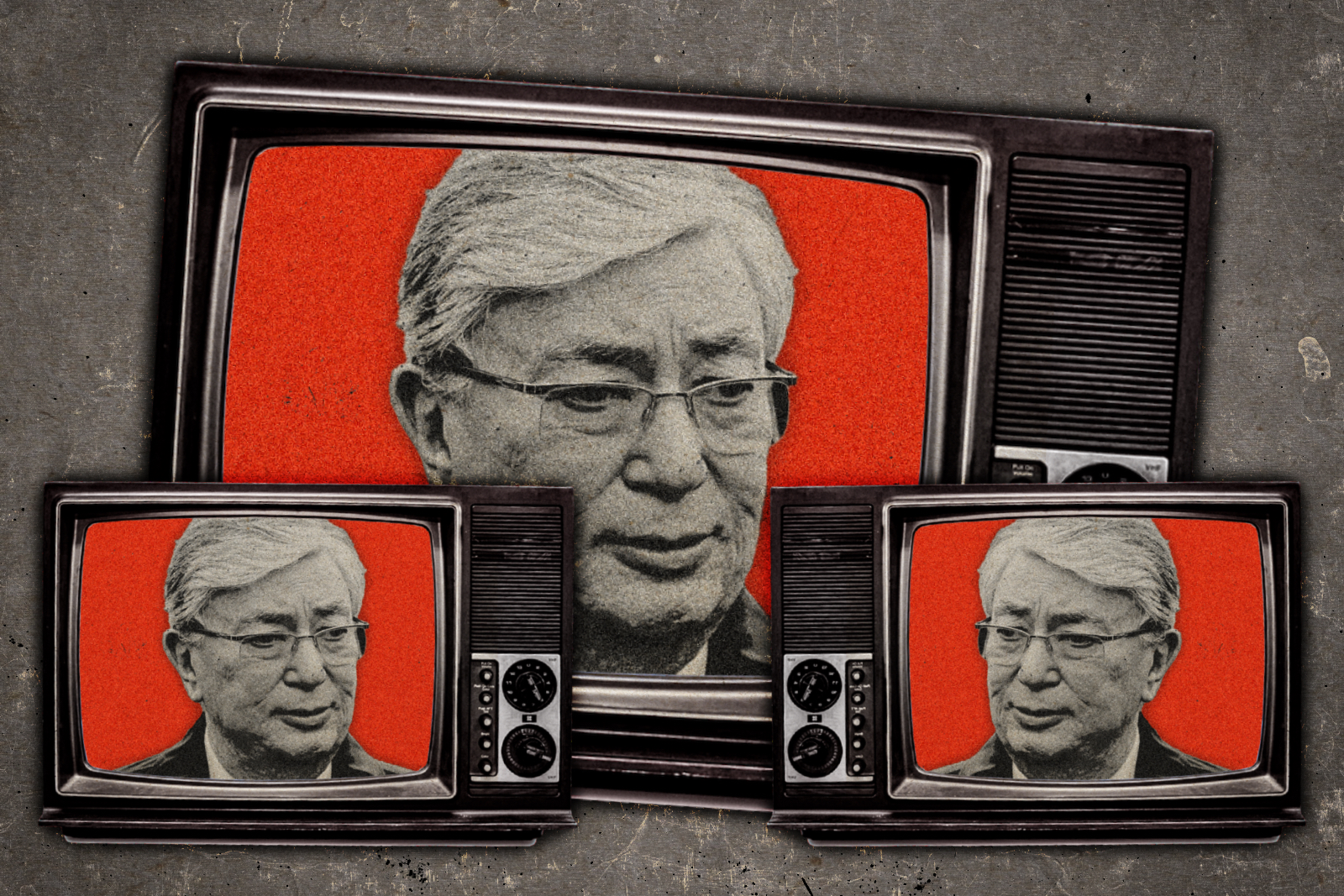
Turning the Ship Around in Tokayev’s ‘New Kazakhstan’
ASTANA, Kazakhstan – Landing in Astana, I was met by the same familiar taxi scams, with drivers asking around $40 for a journey which should cost a tenth of the price. In the city, a story was doing the rounds about an American greenhorn who’d paid thousands of dollars, but this time the authorities had tracked down the culprit and made him pay the money back, which was a change in itself.
I was in Kazakhstan to cover the parliamentary elections on March 19th, which in the wake of the “Bloody January” 2022 protests, which saw hundreds killed and almost 10,000 officially arrested, were being billed as the freest and fairest in decades, perhaps ever. As we drove through the snow-caked windswept whim of a city, skidding on black ice past the concrete husks of an incomplete sky train project that, in the words of the president, bears the “strong whiff of corruption,” at the first mention of the election, my driver just sighed, quickly changing the subject.
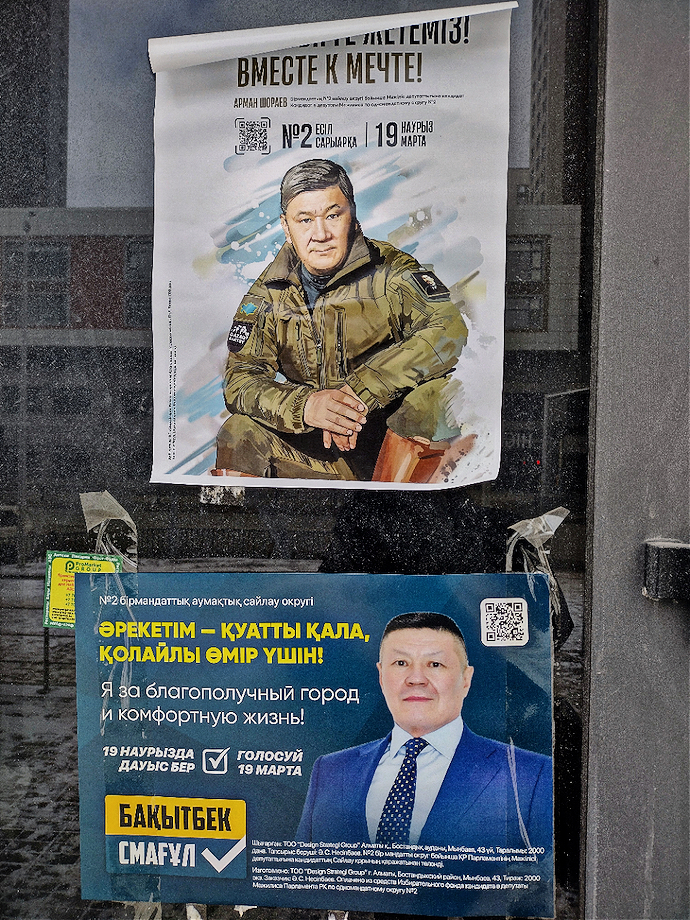
Nobody can agree on why the new capital was constructed in the middle of the steppe in the 1990s. Theories abound, from Almaty being in a bowl and having no more space to expand, to the vanity of former President Nursultan Nazarbayev, who ruled for almost three decades, to moving further away from any invading forces, and moving further away from the people in case of a popular uprising. This is all firmly in the past, though, and President Kassym-Jomart Tokayev is now presenting both his people, Russia, China, and the West with a vision of a “New Kazakhstan,” a “Listening State.” But is this a state that listens to the needs of its people, or like Turkmenistan, a state famed for its eccentricities, where everything is bugged?
I spoke to Roman Vassilenko, the Deputy Foreign Minister, who characterized the elections as the “most competitive in Kazakhstan’s modern history…a milestone marking a transformative event: a just and fair Kazakhstan.” But given that since changing its name from Nur Otan to Amanat, even the governing party’s offices in Astana have seen little more than a lick of paint and a new placard, how much of this is a rebranding exercise? According to Tokayev, it’s “not just about renaming it and changing a signboard, we must also reform the work of the whole party.” Certainly, the old guard of Nazarbayev is on the skids since the attempted coup of 2022, with Vassilenko taking the unprecedented step of stating that there’s a “big drive to remove the oligopolies and take away through legal means what has been accumulated by wealthy individuals in the past…[To] prosecute individuals, including previously very highly connected relatives of [the] first president.”
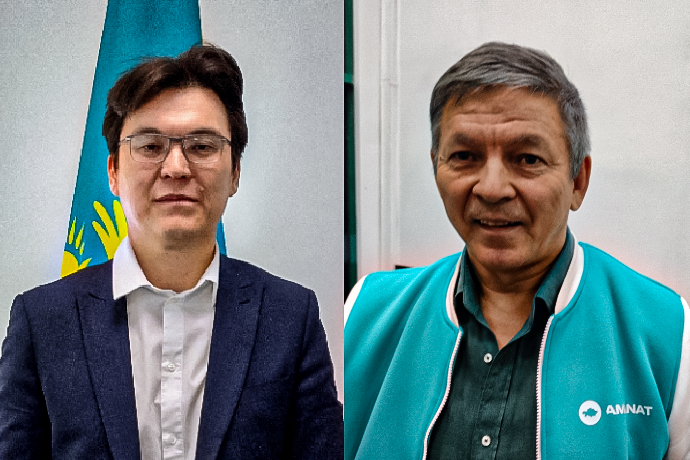
An actor by trade and director of the circus in Astana for twelve years, Erik Zholzhaksynov is one of the would-be MPs standing for the first time in a district with 42 candidates. “I’m a member of Amanat, but I’m standing as an independent in a single-mandate constituency, which 30% of the seats are,” Zholzhaksynov told me. “Before, elections were 100% along party lists, so whoever won decided who’d be the MP, and they might not be from that area. As a professional actor, I can immerse myself in what people need; I want to be a bridge between the people and the government.”
Others are not so positive. As the lobbyist, Dina Shaikhislam stated, “we already know who’ll win. There may be 42 people running in that district, but it was 60. Take the case of Zhanar Suleimenova. She was invited to Washington as a speaker on a roundtable because of her platform, talking about dependency on Russia. She was registered as a candidate, and the Central Election Commission said everything was okay, but when she came back, her registration was canceled due to ‘bureaucratic inaccuracies.’ A ‘just and fair’ Kazakhstan is a nice show, but it costs $500,000 to become an MP. Independent candidates don’t have that kind of money.”
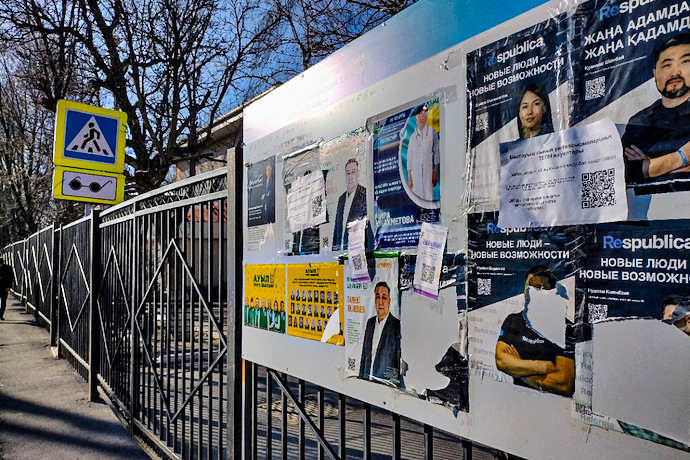
I spoke to Azamatkhan Amirtay, the head of Baytaq (the Greens), the first new party to be officially registered in twenty years. “Old Kazakhstan was a successor to the Soviet Union, where natural resources and industries were privatized and owned by former-Communist apparatchiks or their children,” he told me. “Now, candidates on local councils will be 100% elected as individuals, not from party lists, and in parliament, it’ll be 30%. The new Kazakhstan is about being fairer, and members of this party who enter parliament will be participating to achieve those goals.”
“Participation,” not “opposition,” was the word that was on everyone’s lips, because in Kazakhstan you have to be part of the system if you have any hope of changing it. Tokayev’s reforms are, therefore, best seen as analogous to turning a freighter in choppy waters – a 180 is impossible. Any change of course must be incremental, and perhaps part of the measure should be that people are talking about politics at all because that certainly wouldn’t have happened four years ago.
Cautious optimism in certain quarters before the vote notwithstanding, however, the turnout was exceedingly low. Despite the best efforts of those attempting to up the ante by playing bouncy Turkic pop at polling stations, at the three I visited in Almaty, I saw the sum total of one person casting their ballot. Officially, the turnout was 54.19%.
Shortly after the polls closed at 8 pm on Sunday, videos surfaced purportedly showing ballot stuffing and ballot dumping. With preliminary results giving the ruling Amanat Party 53.9% – a much-reduced majority, six parties look set to enter parliament. Whilst many independent candidates were left unhappy, in an unprecedented turn of events, open critics of the government such as lawyer Azbal Kuspanov, and opposition politician and journalist Ermurat Bapi won their races. In a statement, the OSCE noted that the election had offered an “increased choice for voters. However, limits on the exercise of fundamental freedoms remain.” Popular protests widely expected by some have so far yet to materialize.
